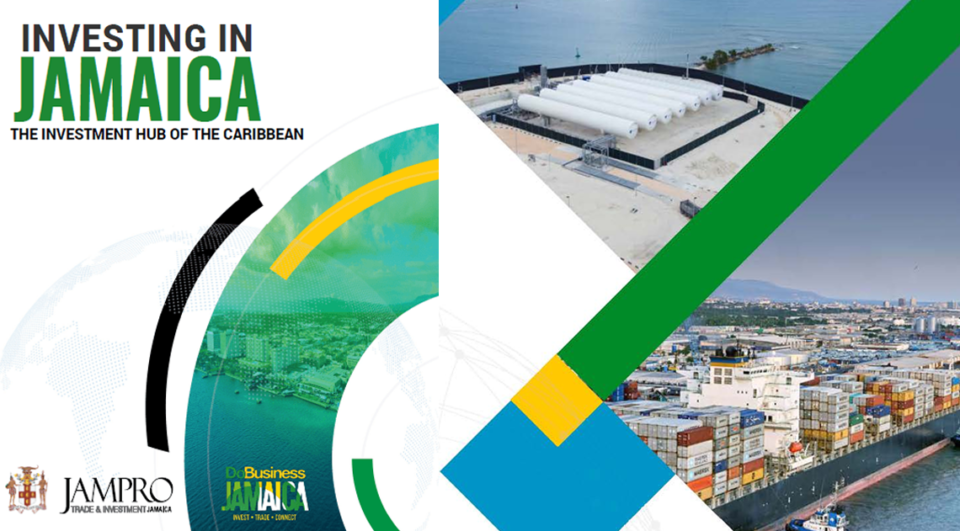[et_pb_section bb_built=”1″][et_pb_row][et_pb_column type=”4_4″][et_pb_text]
The CARICOM Single Market and Economy (CSME) is an enlarged market which offers:
- more and better opportunities to produce and sell goods and services and to attract investment;
- greater economies of scale;
- increased competitiveness; full employment and improved standards of living for the people of the Caribbean Community.
The ultimate goal of the CSME is to provide the foundation for growth and development through the creation of a single economic space for the production of competitive goods and services. The CSME is at the heart of CARICOM’s economic integration, and economic integration is one of four pillars on which CARICOM rests in pursuit of its objectives.
Already, the CSME has had an impact on the lives of citizens and business. Several categories of persons seeking employment move freely. This has been achieved through –
- the abolition of the work-permit system;
- the introduction of the Certificate of CARICOM Skills Qualification;
- definite entry for six months;
- indefinite leave to stay in a Member State; and
- the right to transfer social-security benefits from one CARICOM state to another
- In addition, the creation of the Caribbean Court of Justice to interpret and apply the Treaty that established CARICOM and to settle dispute contributes to harmonization in the countries that have signed on to the CSME.
Like other areas of work in the CARICOM integration process, the implementation and operation of the Single Market and Economy is being undertaken by a number of stakeholders; principal among them are the CARICOM Secretariat, Members States and Community Institutions. At the CARICOM Secretariat, the Development and Operation of the CSME Programme seeks to develop, articulate, implement and harmonise policies and programmes throughout the Community, so that people of the Community could enjoy the stated benefits of the CSME. These include continued work on standardization and harmonization in areas such as –
- anti-dumping measures
- banking and securities;
- competition policy;
- consumer protection;
- customs;
- intellectual property rights;
- food and drug regulation and labeling;
- standards and technical regulations;
- manufacture and trade in goods regulations;
- regulatory and institutional and administrative procedures in the Member States to enable efficient intra-regional trade in keeping with established regional trading arrangements.
[/et_pb_text][/et_pb_column][/et_pb_row][/et_pb_section]





